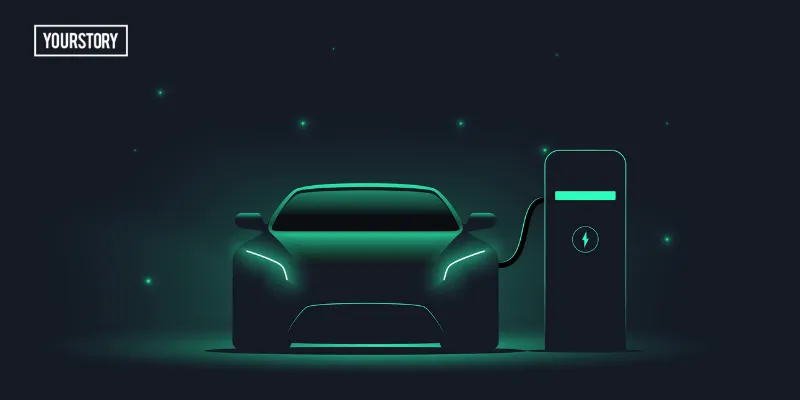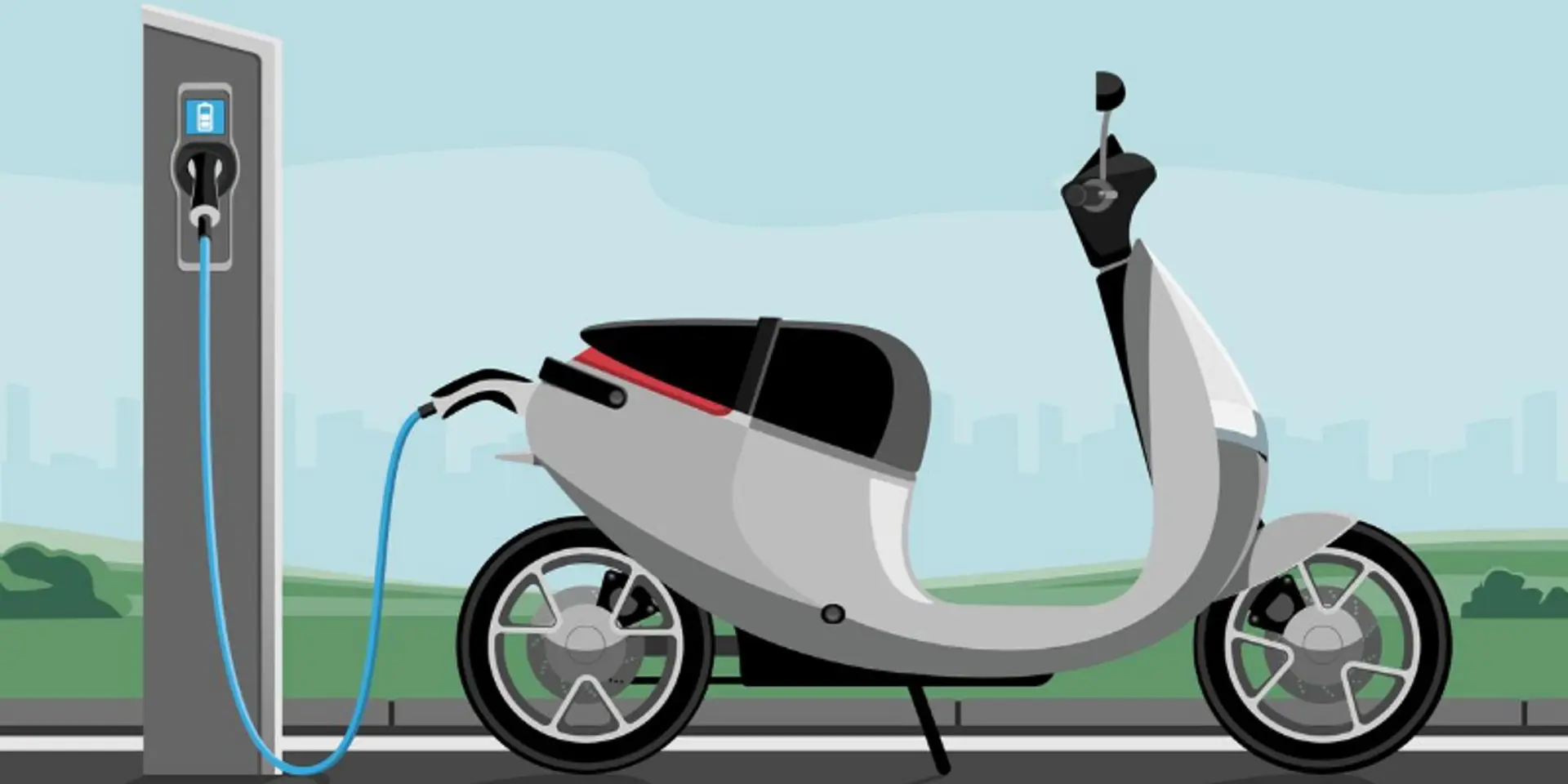0% duty on cells, regulation on battery recycling, tax cuts on swapping: SMEV's asks of Budget 2023
In a note to the government of India, the Society of Manufacturers of Electric Vehicle asked for a number of reforms in the sector, ahead of Budget 2023, including an extension of the FAME II subsidies.
Industry body Society of Manufacturers of Electric Vehicles (SMEV) implored the government not to cast any policy around electric vehicles in stone. Instead, it asks them take a more dynamic view of the on-ground conditions, and then create policy, in a note to regulators.
The SMEV recommended that the government consider several additional policy options. This includes:
- Making GST uniform for all EV spare parts. Currently, spare parts for EVs attract a 28% tax, while the electric vehicle itself is only taxed at 5%. A uniform 5% GST on all EV spare parts would therefore be helpful, the SMEV says.
- Reducing the customs duty on imports of lithium-ion cells to 0% until the cells start being manufactured in India.
- Extending FAME II subsidies since the industry hasn't unlocked its full potential of it yet. In addition, the SMEV suggests linking the validity of the FAME II scheme to market penetration of e-vehicles and conversion to e-mobility, versus tying it to a particular date.
"According to market trends, e-mobility, particularly electric two-wheeler, has the potential to continue growing once it reaches 20% of the total two-wheeler market. The subsidy can be tapered thereafter," said the SMEV.

It also asked that the scope of FAME be expanded to be inclusive of e-trucks and tractors. The SMEV asked that setting up academic and skill training courses on EVs be incentivised and the interest rates levied on consumer loans for EVs be lowered, as well as loans taken by pure EV OEMs who want to set up their manufacturing facilities.
It also asked that EV financing be included as part of priority sector lending.
On battery swapping, the SMEV says the government should implement the policy it had committed to during the last year's budget. It also suggested reducing GST on swap batteries, incentivising charging and swapping infrastructure, and creating a consortium of the country's largest oil and gas companies so they can install battery swapping stations at gas stations.
The SMEV asked for a stronger policy around lithium-ion battery recycling, and putting in place rebates for R&D related to battery recycling.
"Investments in EV infrastructure must be at the optimal level of the GDP to achieve state-of-the-art EV infrastructure. Further reductions in import duties on raw materials will be a huge relief for the industry, and we hope that the government will continue to support localisation and the transition to green mobility," said the SMEV.
Edited by Akanksha Sarma








